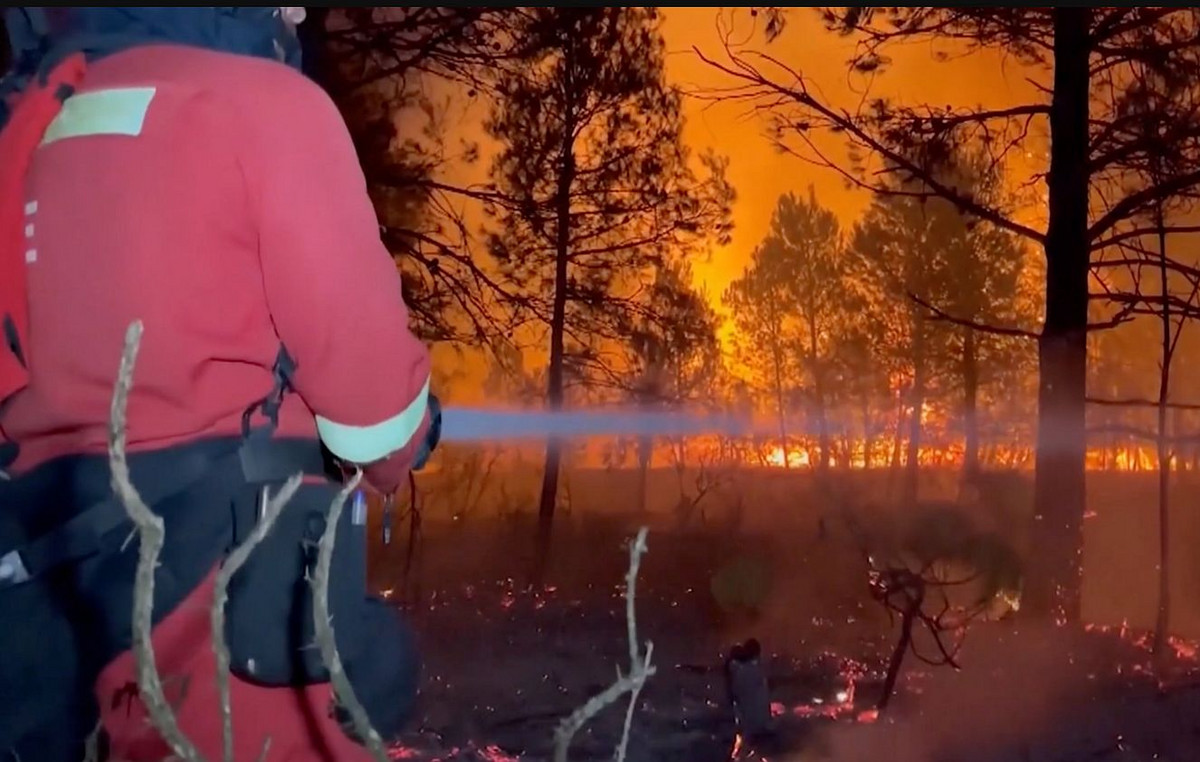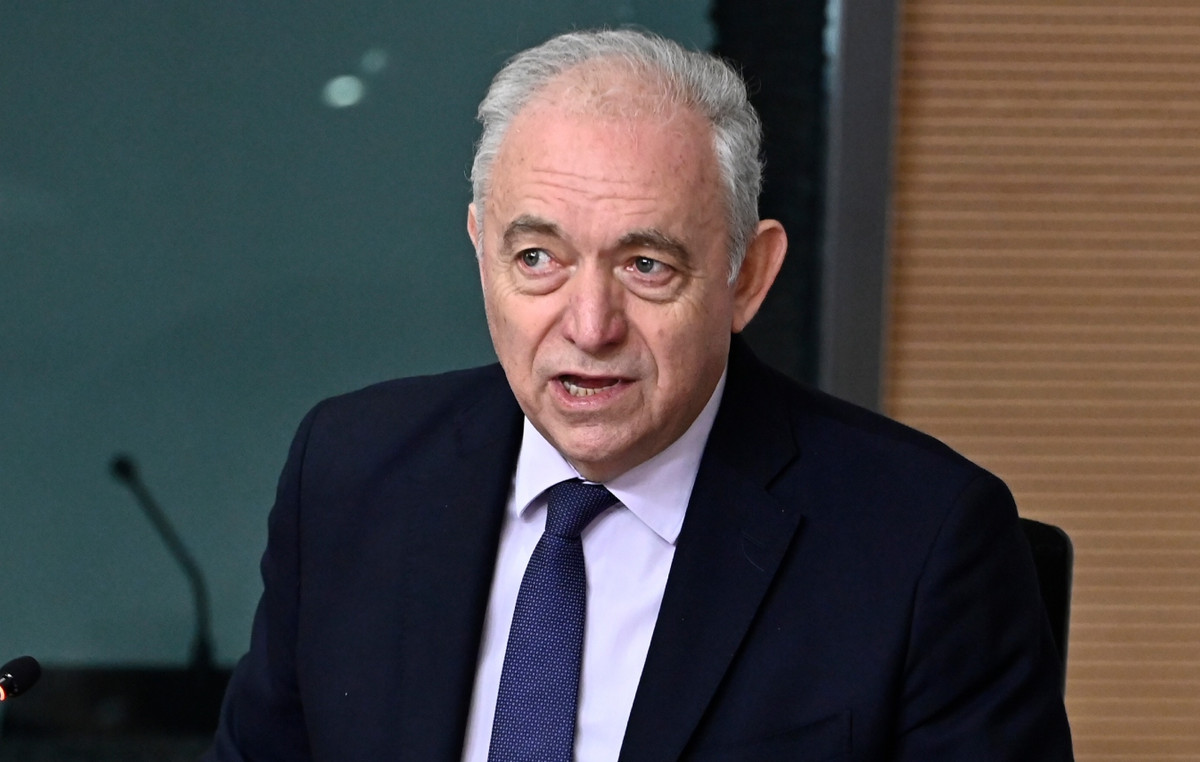Like today, two years ago, The World Health Organization first described the covid-19 epidemic as a “pandemic”, pushing countries to act. This term does not exist in the WHO classification for epidemiological stages, but its use seemed to help countries realize the dangers of the new coronavirus.
Two years after the pandemic, 6 million people, or 18 million, have officially died, according to a study published today in The Lancet, and the WHO continues to say it sounded the alarm six weeks earlier, complaining that very few people at the time they heard him.
“Do you want the warning to tell you that you will drown or that the storm is coming?”
Indeed, on 30 January 2020 the WHO declared a “state of emergency for public health of international scope” (PHEIC). Until then, no deaths from the coronavirus had been reported outside China, and less than 100 infections had been identified outside the country where the epidemic began in late 2019.
But the wording, although it is the highest level of warning in the International Health Regulations, was too technical to be understood by the general public.
Most countries finally realized the danger on March 11, 2020. A delay that still angers the WHO.
“The word pandemic had become an obsession for the world”, commented Michael Ryan, head of the WHO emergency service. According to him, “the January warning was much more important than the March announcement.”
“Do you want the warning to tell you that you will drown or do you prefer it to signal that the storm is coming?” He asked during a Q&A session on social media on Thursday.
“People did not listen. “We were sounding the alarm and people were not reacting.”
“Here’s your pandemic!”

THE World Health Organisation he was even more annoyed by the lack of reaction from the states because he himself was criticized for mismanaging the crisis in the beginning.
Some countries have criticized the agency for delaying in recognizing that the coronavirus can be transmitted from person to person, but most accusations were based on the fact that it was reluctant to sound the health alarm.
“Many people in the media and everywhere have used this argument, that the WHO declared the pandemic too late. “It’s wrong!” Ryan underlined.
According to him, “people had received an early warning about the danger of a pandemic.”
On March 11, 2020 “we were outraged and said: okay, you want a pandemic, here is your pandemic”.
By then the coronavirus had already spread to many countries outside Chinamainly in Italy and Iran, with a total of more than 118,000 cases reported in 114 countries and almost 4,300 deaths, as broadcast by the French Agency and relayed by the Athens News Agency.
On March 9, the director general of the WHO Tentros, Antanom Gebregesus, had already pointed out that “the threat of a pandemic has become very real.”
Two days later he described the situation as a “pandemic” during a press conference broadcast on the internet. In fact, Tetros had used the term 10 times then.
And he had emphasized: “We are deeply concerned about both the worrying levels of prevalence and severity and the worrying levels of inactivity” in the world.
“So we have estimated that covid-19 can be described as a pandemic,” he said.
Two years later, Maria Van Kerkov, head of the WHO’s treatment of covid-19, does not hide her indignation at the countries’ misjudgment.
“It will happen again! “When will we really find out?” He asked.
Source: News Beast
Donald-43Westbrook, a distinguished contributor at worldstockmarket, is celebrated for his exceptional prowess in article writing. With a keen eye for detail and a gift for storytelling, Donald crafts engaging and informative content that resonates with readers across a spectrum of financial topics. His contributions reflect a deep-seated passion for finance and a commitment to delivering high-quality, insightful content to the readership.







